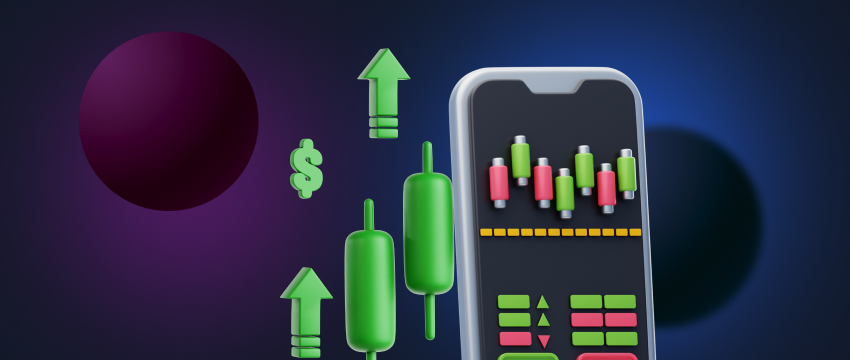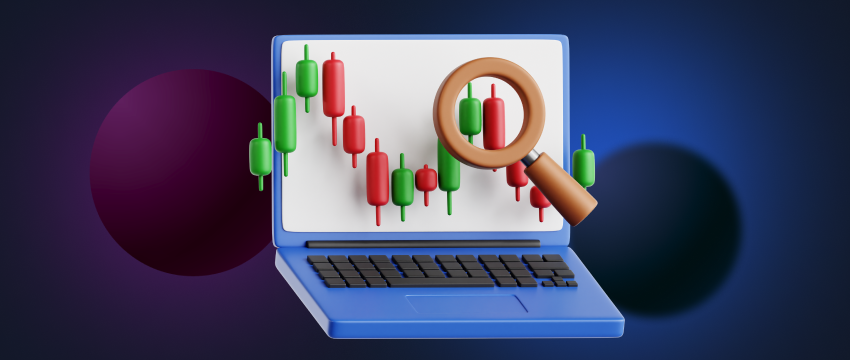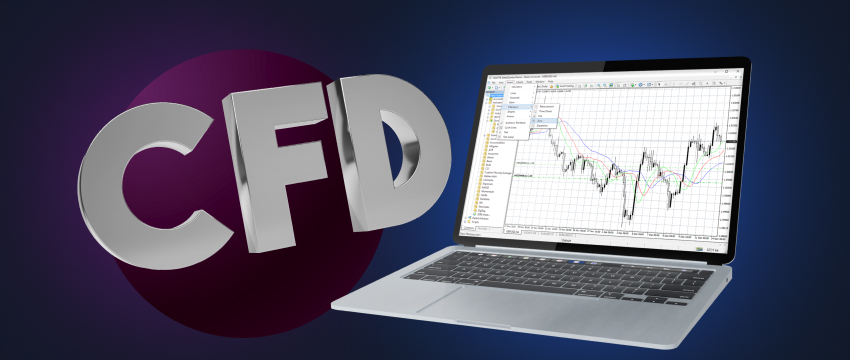Forex trading offers a flexible career, with the potential for financial independence or an additional income stream to supplement an existing job.
Whether you’re a beginner or someone with expertise pertinent to financial markets, forex trading offers opportunities for making a profit.
Keep in mind that all trading involves a risk of loss. In this blog, we’ll explore some of the key reasons that someone opts to become a forex trader.
24/5 forex trading in global markets
The forex market is open 24/5, operating across multiple sessions and timezones. This includes the Sydney session, the Tokyo session, the London session, and the New York session.
This makes forex trading accessible to traders almost everywhere, internet connectivity and regulations permitting.
The hours of operation also provide a high level of convenience to those working full time jobs and are looking at trading as a side gig, or to someone who is seeking the flexibility of unconventional working hours.
Additionally, even a trader with a limited budget can access the forex market, largely due to the availability of low minimum deposit requirements.

$6 Trillion market opportunity for Forex Traders
The forex market is the largest financial market in the world. It’s also the most liquid, which is hardly surprising considering the number of trades executed every single day.
This means orders can be processed incredibly quickly with minimal risk of material price deviations. Also common in forex trading is access to and the use of leverage to maximise potential gains.
While leverage also has the ability to magnify losses exponentially, it still gives a trader the ability to open larger positions with limited capital, magnifying potential wins as well.
Market Trends: Forex Trader gains upwards or downwards
The appeal of forex trading is that there are opportunities for making a profit in both rising and falling markets. But what does this mean?
Well, when you purchase a currency pair, you’re speculating that the base currency will strengthen against the quote currency, and vice versa when you sell a currency pair.
The ability to trade in both directions provides opportunities for gains, whether the market is moving up or down.
Risk management techniques to protect your capital
Although forex trading is inherently risky, traders can make use of a variety of risk management tools to help safeguard their money.
There are many ways to achieve this, with two of the most popular being stop loss orders and take profit orders.
These functions set predefined levels for trades. They ensure losses are minimized. They also secure profits at your chosen threshold.
Access to top-tier trading-related education
Forex trading offers considerable access to information. This information can enhance your skills. It can also improve your knowledge and expertise.
Reputable forex brokers are often times the best source of resources to help you learn more about forex trading. For example, T4Trade offers a range of material providing forex related insights to beginners and more advanced traders. This includes blogs, videos, podcasts, webinars, ebooks, etc.
In addition, the broker gives traders access to several trading tools, like an Calendário Económico, Calculadoras de trading and access to Trading Central. These are valuable tools to help you become better informed so that you can make decisions based on solid data.
Now that we’ve explored reasons to become a forex trader, let’s discuss the steps to take. These steps are essential before executing your first trade.

Preparing for Success: Key steps for an aspiring forex trader
Passo 1: Avoid costly mistakes: Learn forex market essentials first
Learn as much as you can about forex pairs, how the forex market operates, and the factors that impact price movements. Going into forex trading without a solid understanding of how it works is a recipe for disaster.
As we’ve already mentioned in this blog, make use of as many resources as you can lay your hands on. The internet is packed full of material from which you can learn. Just make sure the source is credible.
Step 2: Finding a Reliable Broker for Forex Trading
Pick a reputable CFD broker, one that is regulated by a recognised financial authority for further assurance. Ensure the broker offers multiple account options, flexible trading conditions, tight spreads, quick and easy deposits/withdrawals, and competitive pricing.
Also double check that the broker offers a demo account for you to practice trading without putting your own money at risk. In the process of picking a broker, remember to look to testimonials and reviews. Consider consulting your community, and get feedback from traders you can trust.
Step 3: Crafting a Winning Trading Plan for Forex Traders
Build a trading plan and stick to it. A trading plan provides the framework of how you will trade.
It should include your trading objectives, the level of risk you’re prepared to take on, your rules for entering or exiting a position, and your budget.
The plan should also integrate the risk management techniques you’ll be deploying to safeguard your capital.
Step 4: Choosing a Trading Strategy for Forex Traders
Pick a trading strategy that aligns best with your personality, temperament, experience, budget and risk tolerance. Remember that every strategy comes with its own characteristics.
For example, day trading or scalping are incredibly fast paced approaches to trading, where positions are held just seconds, minutes or sometimes hours.
They are approaches that require significant monitoring, emotional resilience, and the ability to manage high levels of stress seeing as you’ll be executing multiple trades within the trading day.
Other approaches like position trading or trend trading typically require less of your time, and less likely to evoke strong feelings in the way other more faster trading strategies do.
Step 5: The Importance of a Demo Trading Account for Forex Traders
Consider signing up for a demo trading account to practice using trading platforms like the MT4, and to test trading strategies in a simulated environment using virtual funds, thereby keeping your own money safe.
A demo trading account typically mimics real market conditions, allowing traders to get a real feel for executing trades, assess trading outcomes, and make adjustments to their plan should the need arise.
Traders can also use the demo account to learn more about technical and fundamental analysis, as well as MT4’s advanced tools and indicators, all of which play a significant role in helping you make informed trading decisions.
Step 6: Stay Informed on Economic News
Stay up to date on current economic and geopolitical news and events, especially those that have the ability to influence the forex market, causing aggressive volatilities and price fluctuations.
Step 7: Managing Your Emotions: Key to Success
Work on your psicologia do trading. Avoid making emotional trades and instead, make every effort to execute trades based on objective data.
Feelings like stress, fear, anxiety and greed are powerful, enough so that they can cloud judgement and impact sound reasoning.
Learn how to keep calm by practising mindfulness, or by other means, like physical exercise, meditation, or even eating healthier.

Negociar com a T4Trade
T4Trade has established a robust reputation, appealing to traders in many countries across the globe. T4Trade ticks many of the boxes we’ve mentioned in the article in terms of regulation, reliability, learning opportunities, and more.
Other reasons that traders choose T4Trade are that it offers competitive spreads, flexible leverage, and quick and easy withdrawals and deposits.
T4Trade also provides multiple account types to choose from, meeting the demands of traders at all levels. Its trading platform, MT4, is user-friendly, and feature rich, offering an optimal trading experience. T4Trade’s multilingual customer support is top-tier and on hand 24/5 to help you with any pressing trading related queries.
Further, T4Trade offers access to high-end educational resources to help you become a better trader.
INFORMAÇÃO LEGAL IMPORTANTE: Esta informação não deverá ser considerada como aconselhamento ou recomendação ao investimento, mas apenas como comunicação de marketing.




